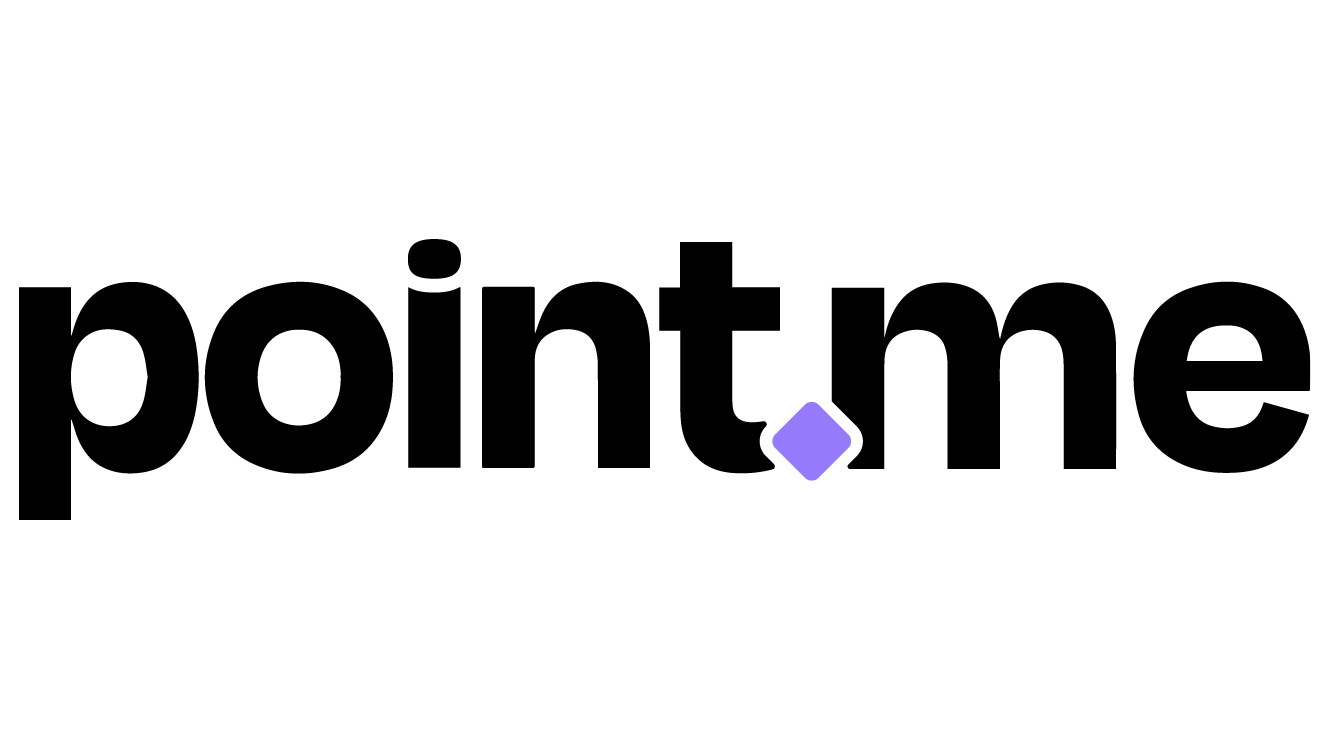Embarking on the journey of higher education is an exciting venture, filled with potential and promise. While the financial burden of tuition fees, textbooks, and living expenses can easily dampen this enthusiasm, there are multiple strategies you can adopt to fund your college education without sinking into debt. Here are some tips to get you started on the right track, courtesy of America’s Loan Company.
Harness the Power of Scholarships and Grants
Securing scholarships and grants offers a direct route to funding your college education without the burden of repayment. These awards are plentiful, sourced from colleges, local enterprises, faith-based groups, and civic organizations; yet many remain unclaimed each year due to a lack of applicants. By dedicating time to craft tailored and engaging applications, and tapping into need-based grants like the Pell Grant with simple application processes, you dramatically increase your financial aid potential.
Work Your Way Through College
Part-time jobs are a practical solution for students looking to earn money while studying. Whether it’s on-campus employment or a role in the local community, working part-time can help manage daily expenses and reduce the need to take out loans. Many colleges offer work-study programs that not only help students earn money but also provide valuable work experience related to their field of study. This approach not only alleviates financial stress but also enhances your resume.
The Advantages of Online Degrees
Opting for an online degree not only cuts costs compared to traditional on-campus programs but also enhances flexibility, enabling you to work full-time. This is especially advantageous if you are pursuing fields such as nursing, where an online master’s degree opens up opportunities in nursing education, informatics, and administration, among others. With online courses, you balance your professional commitments and academic pursuits effectively, easing financial stress and promoting career advancement; click here for more information.
Rethink Your Living Situation
Living off-campus can dramatically reduce college costs. While dorm life is an integral part of the college experience for many, off-campus housing can often be more affordable, especially if you share rent with roommates. Additionally, living off-campus gives you the flexibility to choose less expensive meal options rather than pricey meal plans offered by many colleges. By managing your living expenses wisely, you can save a considerable amount each month.
Utilize Tax Credits and Deductions
Take advantage of available tax credits and deductions designed for students. The American Opportunity Tax Credit, for example, can reduce your taxes by up to $2,500 per year, while the Lifetime Learning Credit offers up to $2,000. These benefits can help manage costs associated with tuition, fees, and required course materials. Filing your taxes with these credits in mind can result in substantial savings, making your educational journey more affordable.
Economize on Textbooks
Textbooks can represent a significant expense in college. Opting to buy textbooks from online resources, rent them, or even share with classmates can drastically cut costs. Many online platforms offer competitive prices compared to college bookstores. Additionally, exploring libraries or online databases for textbooks available as free downloads can also minimize this expense. Being resourceful with where and how you obtain your textbooks can free up funds for other educational needs.
In navigating the financial landscape of college education, you can truly alleviate the burden of debt through thoughtful strategy and clever resource management. By adopting these practical approaches, not only do you relieve your financial worries, but you also enhance your academic journey. This allows you to devote more energy to your studies and future aspirations. Ultimately, with these tactics, you secure both your educational and financial well-being, setting a solid foundation for your career and life ahead.
Article written by Christopher Haymon, [email protected]
Publisher: Source link











